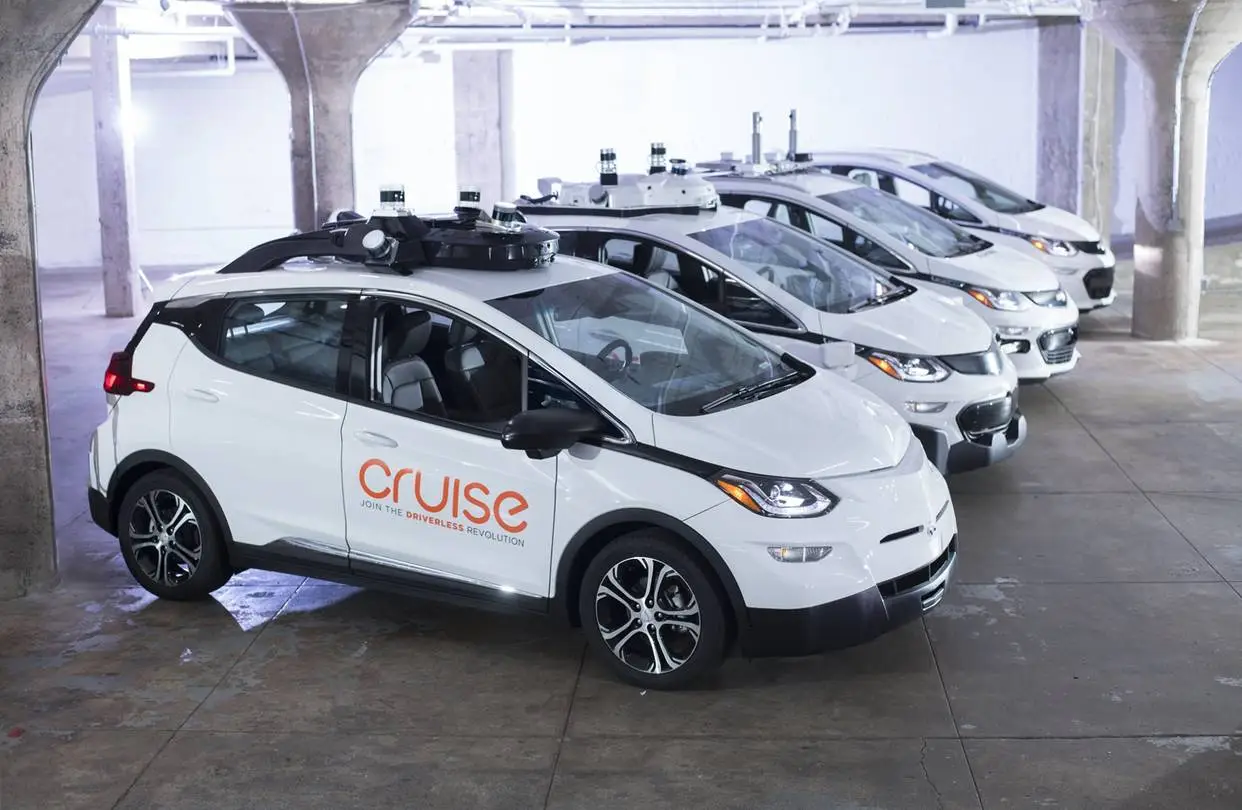The United States state of California has suspended testing of Cruise self-driving cars developed by General Motors (GM), quoting safety concerns after a series of accidents and mishaps.
California’s Department of Motor Vehicles (DMV) announced on Thursday that it had suspended the deployment of GM self-driving vehicles and driverless testing permits, the latest regulatory agency to express concerns over their safety.
“When there is an unreasonable risk to public safety, the DMV can immediately suspend or revoke permits,” the department said in response to an inquiry from the news outlet AFP.
Self-driving cars have been met with mixed reactions from the public, some of whom see them as an exciting technological development while others view them as a nuisance or a hazard.
The suspension follows a series of accidents involving Cruise vehicles and marks a serious setback for GM’s efforts to break into the autonomous vehicle industry. Cruise said in a statement that it would be “pausing operations” in San Francisco.
Automakers such as GM have bet on self-driving cars becoming an important part of the industry’s future but some have struggled to make headway or overcome concerns from the public and government agencies.
GM previously called Cruise a “giant growth opportunity”. In June, CEO Mary Barra doubled down on a prediction that Cruise would generate $50bn in annual revenue by 2030.
The company reported on Tuesday that it had lost more than $720m on Cruise in the third quarter of this year.
On October 2, a woman in San Francisco was struck by a car in a hit-and-run that thrust her into the path of an oncoming autonomous vehicle operated by Cruise. A spokesperson for the company told the news outlet AFP at the time that the car had “braked aggressively to minimize the impact”.
The car then stayed in place on top of the woman, leaving her pinned under the vehicle until paramedics arrived. Barra has maintained that self-driving cars have a better safety record than those operated by humans.




